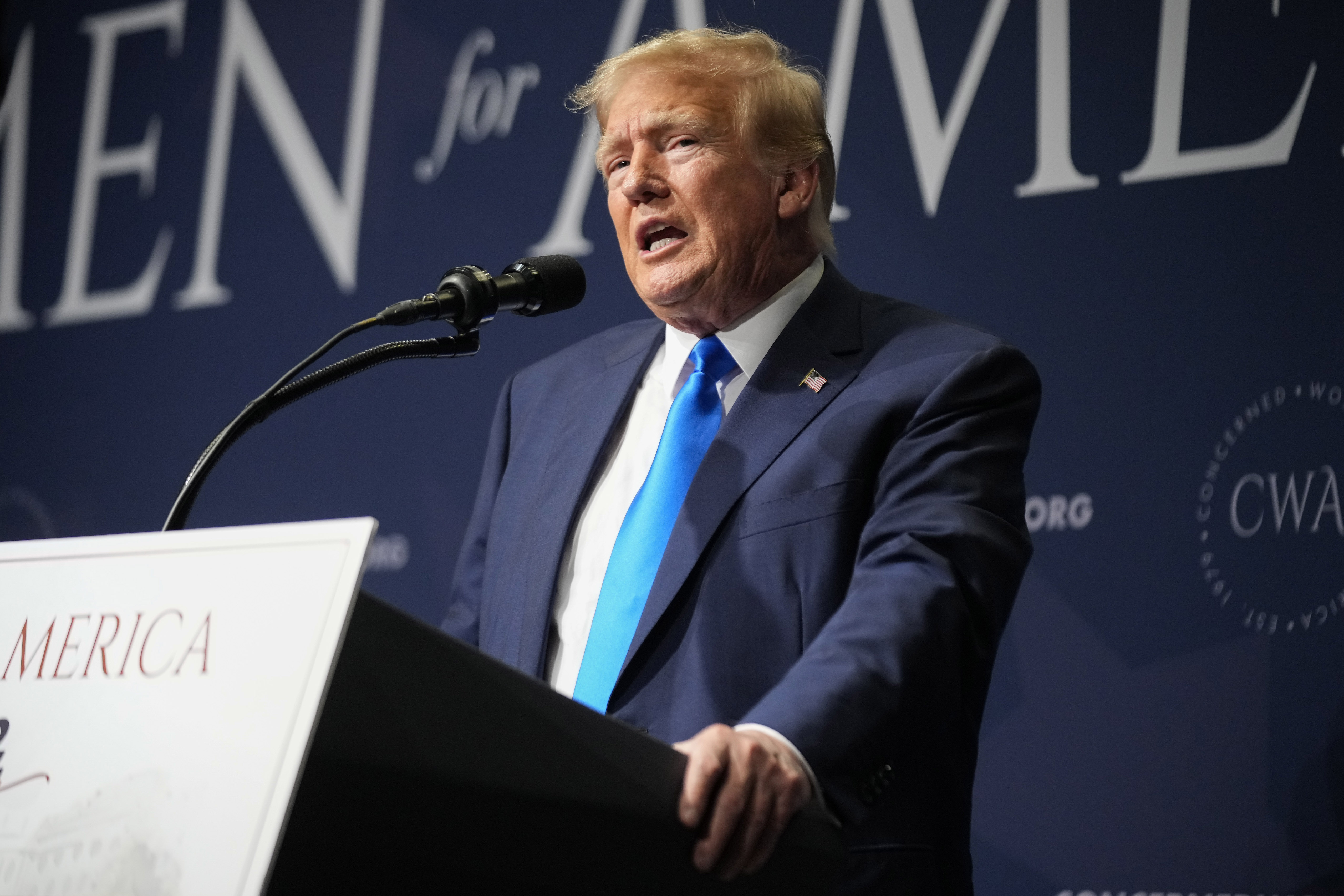Cybersecdn– In a notable development within the political landscape of North Carolina, Democratic State Senator Jay Chaudhuri has put forth a groundbreaking legislative proposal that could significantly impact the process of determining presidential candidate eligibility in the state.
This move comes at a critical juncture as the United States Supreme Court commenced deliberations on the contentious issue of former President Donald Trump’s eligibility to be featured on the ballot. Senator Chaudhuri’s initiative aims to empower the North Carolina State Board of Elections (NCSBE) with the authority to scrutinize and adjudicate challenges to a candidate’s eligibility, focusing on constitutional prerequisites and potential violations, such as those related to acts of insurrection.
The draft of the bill, as unveiled by Senator Chaudhuri, seeks to address a pivotal concern: ensuring that the eligibility criteria for presidential candidates are rigorously evaluated, irrespective of their political affiliation. This legislative effort is grounded in the need to uphold the integrity of the electoral process, a principle that transcends partisan lines and speaks to the core of democratic governance.
By focusing on the insurrection clause of the 14th Amendment, among other constitutional eligibility requirements such as age and citizenship, the proposed bill underscores the significance of adhering to the foundational laws that govern the nation’s highest office.
The backdrop to this legislative proposal is a complex tapestry of legal debates and administrative challenges. In December, the NCSBE was thrust into the spotlight when it deliberated over a challenge to Trump’s candidacy, which was predicated on the harrowing events of the January 6, 2021, attack on the U.S. Capitol.
The board’s decision to vote 4-1 against pursuing the challenge was a reflection of the murky legal waters surrounding the board’s authority to disqualify a presidential candidate from the primary ballot. This ambiguity has prompted a push for clearer legislative guidelines that would delineate the powers and responsibilities of state electoral bodies in assessing candidate eligibility.
Senator Chaudhuri’s proposal has already garnered support from influential quarters, including former Republican state Supreme Court Justice Bob Orr and the esteemed Citizens for Responsibility and Ethics in Washington. This bipartisan backing highlights the broader consensus on the need for transparent and enforceable standards in the electoral process, particularly in matters as consequential as determining the eligibility of presidential candidates.
The legislative initiative also arrives at a time when the Supreme Court’s stance on the authority of individual states in candidate eligibility matters remains uncertain. During the hearing, some justices expressed skepticism about the prerogative of states to make such determinations, adding another layer of complexity to the ongoing legal and constitutional discourse.
Senator Chaudhuri, however, remains steadfast in his belief that the proposed bill is in alignment with the state’s duty to administer elections judiciously and uphold the principles enshrined in the Constitution.
As this legislative effort unfolds, its implications extend far beyond the borders of North Carolina. The outcome of this proposal could set a precedent for other states, influencing the broader national dialogue on electoral integrity, candidate eligibility, and the safeguarding of democratic institutions. It underscores the delicate balance between state authority and federal oversight in the electoral domain, a balance that is pivotal in maintaining the sanctity of the democratic process.
Senator Chaudhuri’s legislative proposal represents a critical intervention in the ongoing debate over electoral integrity and presidential candidate eligibility. By advocating for a more structured and constitutionally grounded approach to assessing candidate qualifications, this initiative not only addresses a pressing legal ambiguity but also reinforces the principles of transparency, accountability, and fairness that are fundamental to the democratic electoral system.
Read More: Border Bill Fallout: Migrant Strategy Scrutinized Amid Legislative Setback!
Donald Trump Achieves Big Victory in Nevada Despite Not Being Listed on the Ballot!
Michelle Obama’s Potential Candidacy for President in the 2024 Election Sparks Rumors!
As the legal and political communities closely watch the developments in North Carolina, the ramifications of this proposal could resonate across the nation, shaping the contours of electoral governance for years to come.


